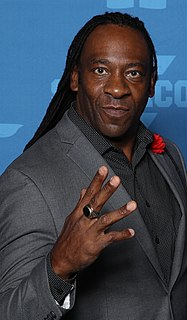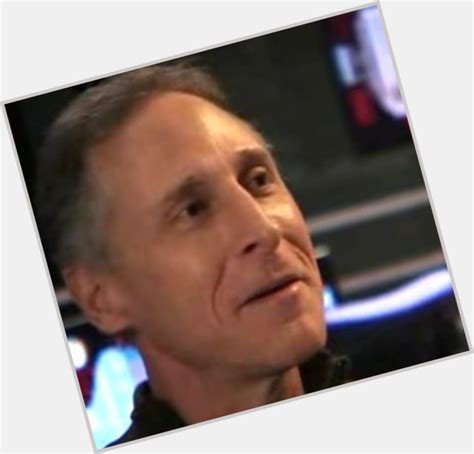A Quote by Linus Torvalds
In personal conversations with technical people, I call myself a hacker. But when I'm talking to journalists I just say "programmer" or something like that.
Quote Topics
Related Quotes
There is something I like about talking to journalists that really goes beyond promotion because you aren't just talking to the journalist, but you are talking through them to people who presumably are fans of the Rolling Stones. The interviews give you a chance to say a few things and maybe clear up some of the things people read about the band.
A hacker is someone who enjoys playful cleverness—not necessarily with computers. The programmers in the old MIT free software community of the 60s and 70s referred to themselves as hackers. Around 1980, journalists who discovered the hacker community mistakenly took the term to mean “security breaker.”
I might sound like a crazy person, but that's the way I pump myself up. You know how some people are just like 'I have to talk about it'? Sometimes I'll call my husband and we'll talk about it, sometimes I have to talk to myself in the mirror. So I start talking to myself: 'You got this. Don't think of this as Sports Illustrated, just think about this as the best swimsuit campaign you've done in your life. And just kill it and own it and don't put that pressure on yourself.'
You're sincere, but in order not to upset your views you avoid talking with people who think differently. You pick your thoughts from conversations with people like yourself, from books written by people like yourself. In physics they call it resonance. You start out with modest opinions, but they match and build each other up to a scale.
I like to be a little more difficult to nail down that that just inside myself, but when someone's motivations, even if they wind up falling in one side or the other of the debate, when they're personal and also when they're masked by something that only the audience knows is really their motivation, that to me is just what I call entertainment.
It's a very, very interesting experience to be talking to people who are such icons in their own right. When Adele came to a show, I was just talking to her, and at the time, I thought, 'I'm just having a chat with somebody.' But then I heard myself say, 'Oh, I was talking to Adele the other day,' and it's as strange as you'd imagine.
In the '80s, society created a caricature of what a hacker or a programmer looked like: a guy wearing a hoodie, drinking energy drinks, sitting in a basement somewhere coding. Today, programmers look like the men we see in the show 'Silicon Valley' on HBO. If you look at the message girls are getting, it's saying, 'This is not for you.'



































